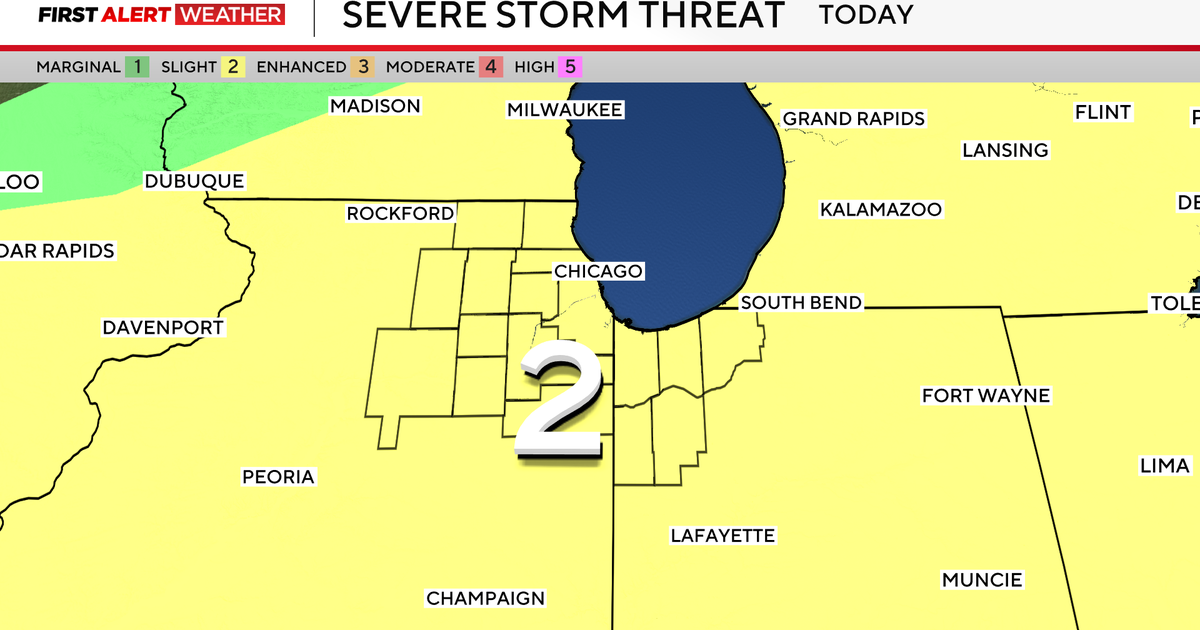Health services being solarized in Sistan-Baluchestan
TEHRAN – The United Nations Children’s Fund (UNICEF), in close cooperation with the Chabahar Department of Health and the local electricity authority, is installing hybrid solar power systems in Primary Health Care facilities to ensure essential health services are not interrupted across Sistan-Baluchestan province.
Funded by the Government of the Republic of Korea, the solarization of health centers in Chabahar and four neighboring districts—Konarak, Qasre Qand, Dashtiari, and Zarabad will support the health facilities in continuation of essential health services during electricity cuts.
A comprehensive field assessment across eight rural primary healthcare facilities in this province in May 2025, conducted by UNICEF and Chabahar University of Medical Sciences, indicated a critical lack of reliable electricity that endangers essential services such as vaccine storage, safe childbirth, water pumping, and sterilization, the UNICEF website reported in a press release on July 15.
In response, a solarization initiative has been launched, with six facilities selected for the first phase. The project will equip centres with photovoltaic panels, battery storage, and smart load controllers to ensure uninterrupted power supply.
The initiative includes a clear roadmap for procurement, installation, and maintenance, with active involvement of local engineers and health workers to ensure long-term sustainability.
To ensure sustainability, UNICEF will provide training for the Ministry of Health and Medical Education (MoHME) staff and PHC technicians, with maintenance duties gradually handed over to local authorities through formal agreements.
In Sistan-Baluchestan, one of Iran’s most underserved and disaster-prone provinces, this renewable energy project offers a model for climate-smart, self-reliant healthcare. Supported by the Republic of Korea, it strengthens essential health and WASH services, ensuring continued care for mothers and children during emergencies and advancing UNICEF’s commitment to resilient, equitable access for all.
Supported by the United Nations Children’s Fund (UNICEF), the Ministry of Health and Medical Education (MoHME) has staffed and equipped 13 Primary Health Care (PHC) centres in highly refugee-populated regions in Sistan-Baluchestan and Khorasan Razavi provinces.
The joint effort aims at strengthening healthcare services for vulnerable children and their families. The health services cover more than 100,000 people, including both refugees and host community members, the UNICEF website announced in a press release on April 17.
Furthermore, UNICEF’s response to the devastating floods in 2024 that struck Chabahar County in Sistan-Baluchestan province included rapidly deploying two prefabricated mobile PHC units. The floods caused widespread damage to buildings and infrastructure, leaving communities, particularly children and women, in urgent need of healthcare support.
These units, deployed in collaboration with the MoHME, were designed to ensure the continuity of PHC services for flood-affected populations, particularly in districts where healthcare access was severely disrupted.
This intervention has reached 5,310 beneficiaries, including 500 children, reinforcing UNICEF’s dedication to enhancing healthcare access for the most vulnerable populations across the country.
The PHC centres provide an inclusive package of health and nutrition interventions, catering to all age groups, with a particular emphasis on children and women of reproductive age. These facilities serve as the first point of contact within the healthcare system, playing a pivotal role in delivering comprehensive and accessible care. Recognizing the importance of equitable access, UNICEF has ensured that these services are inclusive and do not exclude individuals with special needs.
In February, the two organizations cooperated to provide medical care to children under the age of five who are suffering from Severe Acute Malnutrition (SAM) in Zabol, south-eastern Sistan-Baluchestan province.
Funded by the European Civil Protection and Humanitarian Aid Operations (ECHO), UNICEF has been providing free treatment to these children since September 2024.
At Amir Almomenin Hospital, more than 54 children with SAM have already received critical medical care, ensuring they get the life-saving treatment they need. The initiative not only enhances access to curative services but also focuses on children with disabilities and those most in need, ensuring no child is left behind.
Recognizing the deeper issues of food insecurity, this project will continue throughout 2025. In just three months, a complementary social protection programme will provide households with SAM cases cash cards, helping families purchase nutritious food and improve overall well-being.
MT/MG
You may also like...
Diddy's Legal Troubles & Racketeering Trial

Music mogul Sean 'Diddy' Combs was acquitted of sex trafficking and racketeering charges but convicted on transportation...
Thomas Partey Faces Rape & Sexual Assault Charges

Former Arsenal midfielder Thomas Partey has been formally charged with multiple counts of rape and sexual assault by UK ...
Nigeria Universities Changes Admission Policies

JAMB has clarified its admission policies, rectifying a student's status, reiterating the necessity of its Central Admis...
Ghana's Economic Reforms & Gold Sector Initiatives

Ghana is undertaking a comprehensive economic overhaul with President John Dramani Mahama's 24-Hour Economy and Accelera...
WAFCON 2024 African Women's Football Tournament

The 2024 Women's Africa Cup of Nations opened with thrilling matches, seeing Nigeria's Super Falcons secure a dominant 3...
Emergence & Dynamics of Nigeria's ADC Coalition

A new opposition coalition, led by the African Democratic Congress (ADC), is emerging to challenge President Bola Ahmed ...
Demise of Olubadan of Ibadanland
Oba Owolabi Olakulehin, the 43rd Olubadan of Ibadanland, has died at 90, concluding a life of distinguished service in t...
Death of Nigerian Goalkeeping Legend Peter Rufai

Nigerian football mourns the death of legendary Super Eagles goalkeeper Peter Rufai, who passed away at 61. Known as 'Do...




